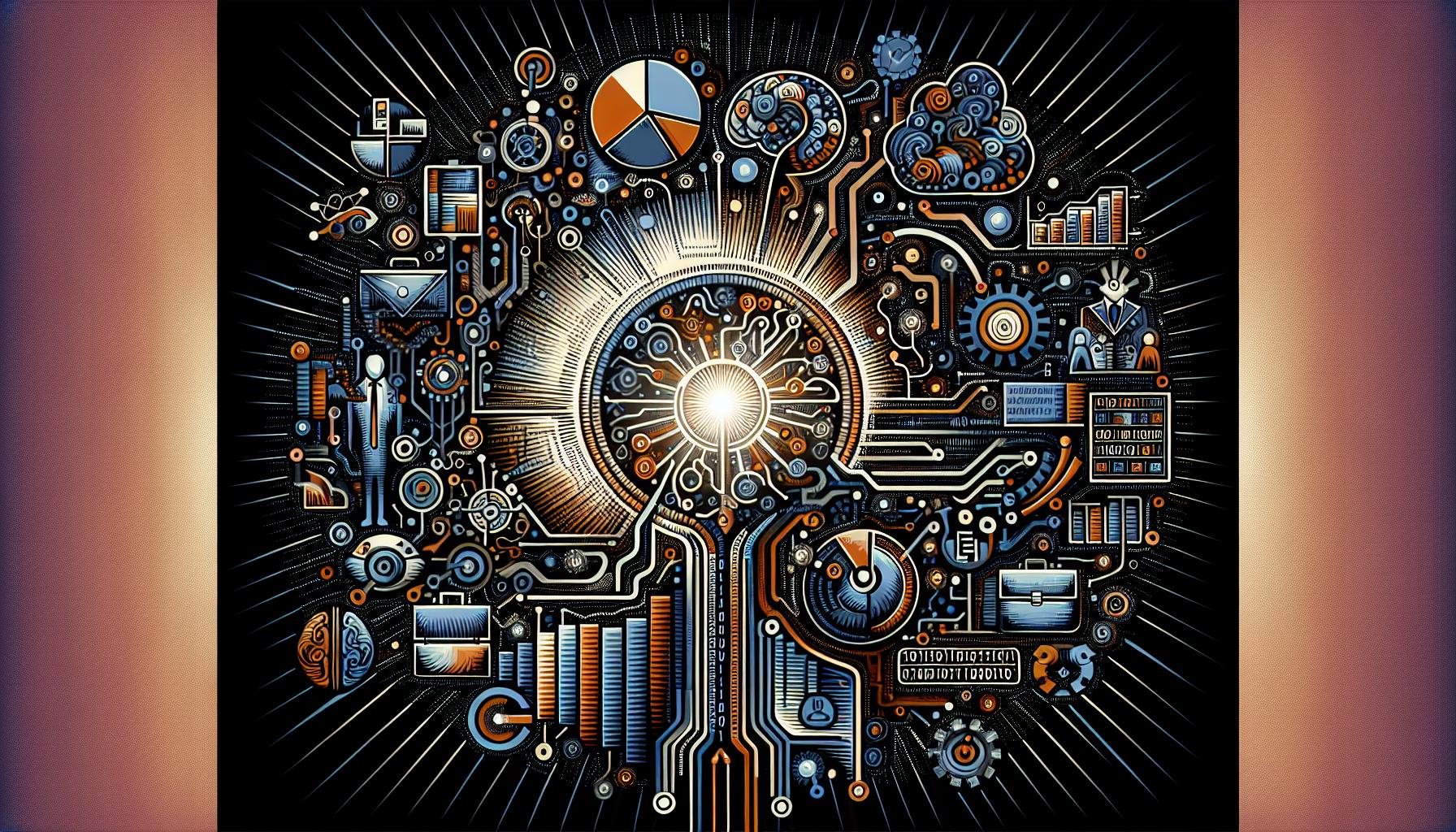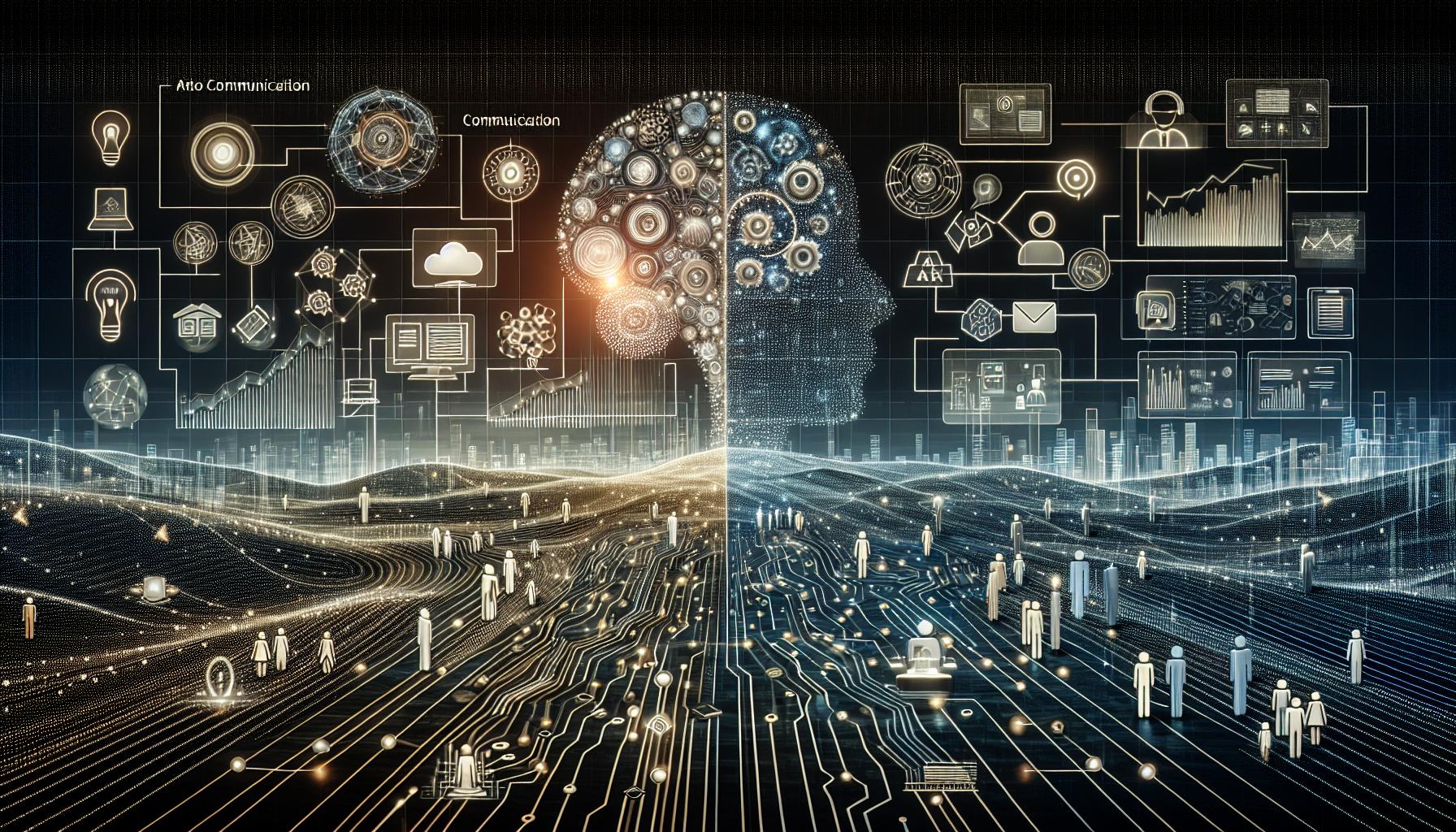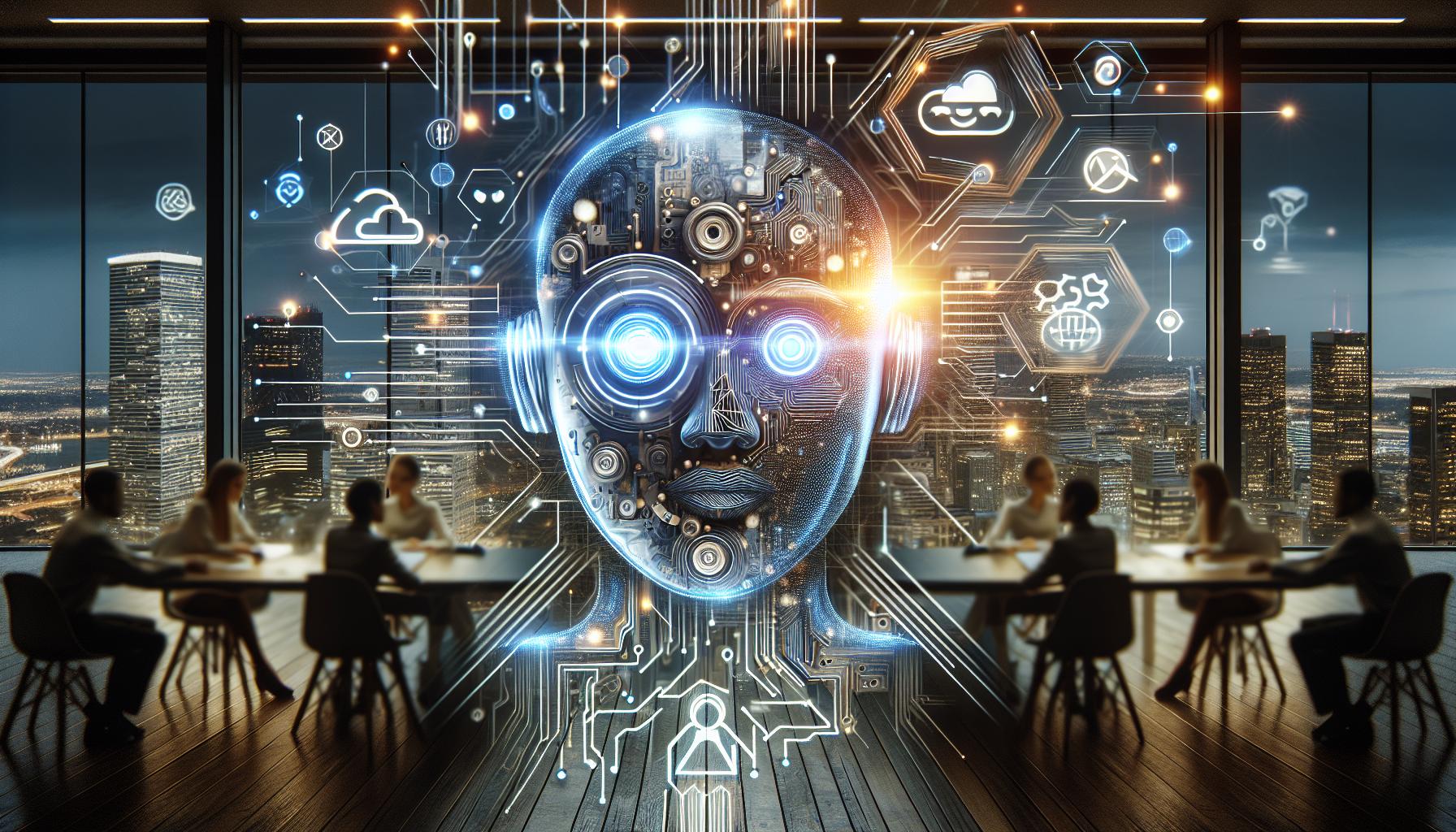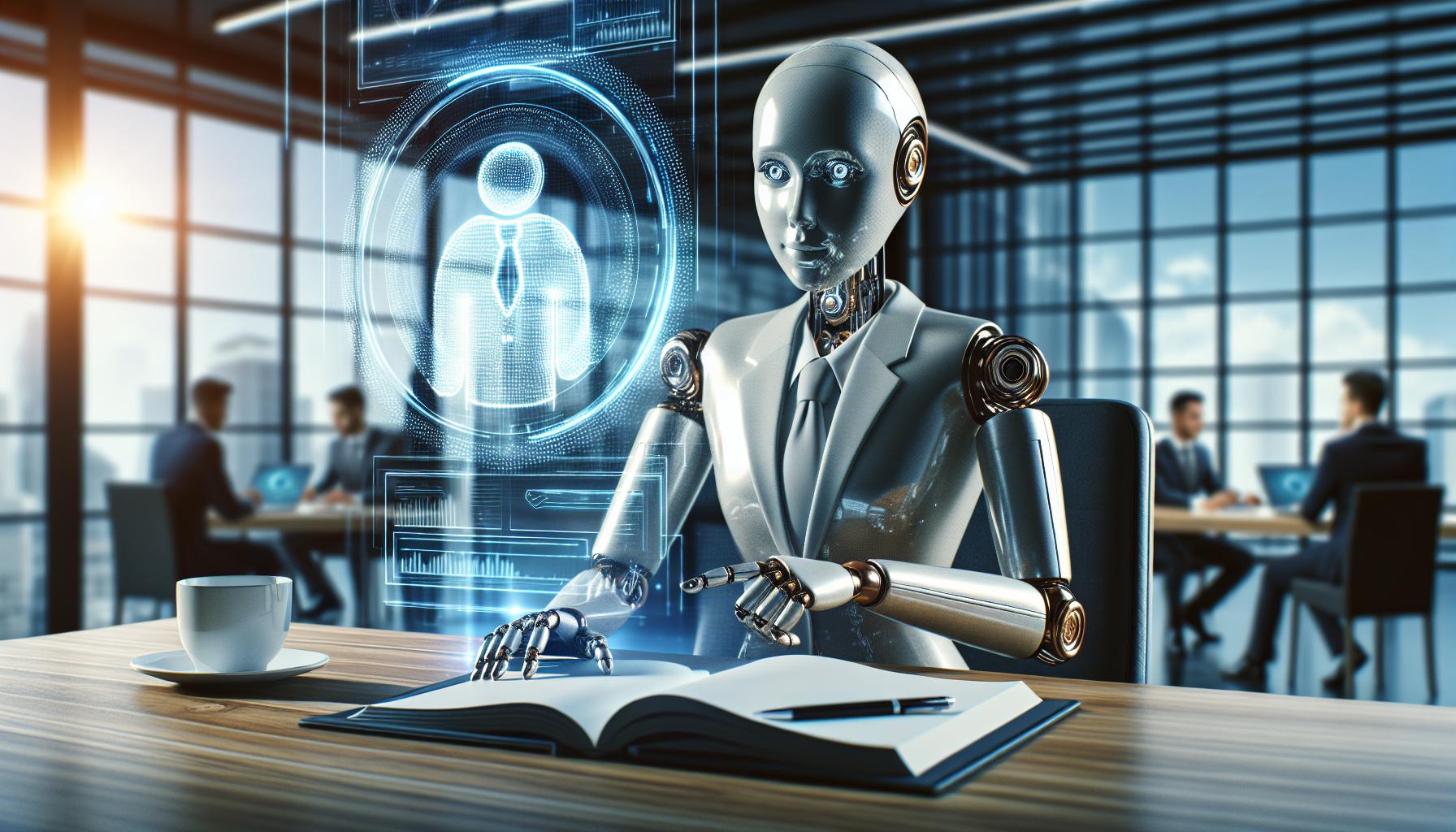Leveraging Generative AI in Marketing: Strategies, Examples, and Best Practices

Introduction
The marketing landscape is rapidly evolving, and one of the most transformative technologies driving this change is generative AI. By leveraging the power of AI, businesses can create personalized experiences, optimize content creation, and engage with their audience in ways that were previously unimaginable. This blog will delve into the concepts of generative AI, its applications in marketing, and best practices for harnessing its full potential.
What is Generative AI?
Generative A.I. is a subset of Artificial Intelligence that focuses on creating new content, whether it's text, images, music, or even video. Unlike traditional A.I. models that predict outcomes based on existing data, generative A.I. can produce original and unique content. This ability is particularly useful in marketing, where creativity and innovation are paramount.
Applications of Generative A.I. in Marketing
Content Creation
One of the most prominent applications of generative A.I. in marketing is content creation. A.I. tools can generate blog posts, social media updates, email newsletters, and more. These tools analyze vast amounts of data to understand the tone, style, and context required for different types of content, ensuring that the output is both relevant and engaging.
Personalized Marketing
Generative A.I. allows for highly personalized marketing strategies. By analyzing customer data and behavior, A.I. can create tailored content that resonates with individual preferences and needs. This personalization can significantly enhance customer engagement and conversion rates.
Ad Copy and Design
Creating effective ad copy and design is another area where generative A.I. excels. A.I. can generate multiple versions of ad copy, test them in real-time, and choose the most effective ones based on performance metrics. Similarly, A.I. can create visually appealing designs that align with brand aesthetics and capture audience interest.
Chatbots and Virtual Assistants
Generative AI-powered chatbots and virtual assistants can engage with customers in real-time, providing instant responses and solutions to queries. These AI-driven interactions can enhance customer satisfaction and drive conversions by offering personalized and timely assistance.
Predictive Analytics
Generative A.I. can also be used in predictive analytics to forecast market trends, customer behavior, and potential sales. By analyzing historical data and identifying patterns, A.I. can provide valuable insights that help marketers make informed decisions and stay ahead of the competition.
Best Practices for Using Generative A.I. in Marketing
Start Small and Scale
Begin with small-scale A.I. projects to understand the technology's capabilities and limitations. Once you gain confidence and see positive results, gradually scale up your A.I. initiatives to encompass more areas of your marketing strategy.
Combine A.I. with Human Creativity
While generative A.I. can produce impressive results, human creativity remains irreplaceable. Use A.I. to enhance and augment your team's creative efforts rather than replace them. This collaboration can lead to more innovative and impactful marketing campaigns.
Ensure Data Privacy and Security
Generative A.I. relies heavily on data, making data privacy and security crucial considerations. Implement robust data protection measures and comply with relevant regulations to safeguard customer information and maintain trust.
Continuously Monitor and Optimize
Regularly monitor AI-generated content and campaigns to ensure they align with your brand's values and objectives. Continuously optimize A.I. models based on performance metrics and feedback to achieve the best possible outcomes.
Conclusion
Generative A.I. offers immense potential for marketers to create personalized experiences, optimize content creation, and engage with audiences more effectively. By understanding its applications and following best practices, businesses can harness the power of A.I. to drive innovation and stay competitive in the dynamic marketing landscape.

 ™
™

